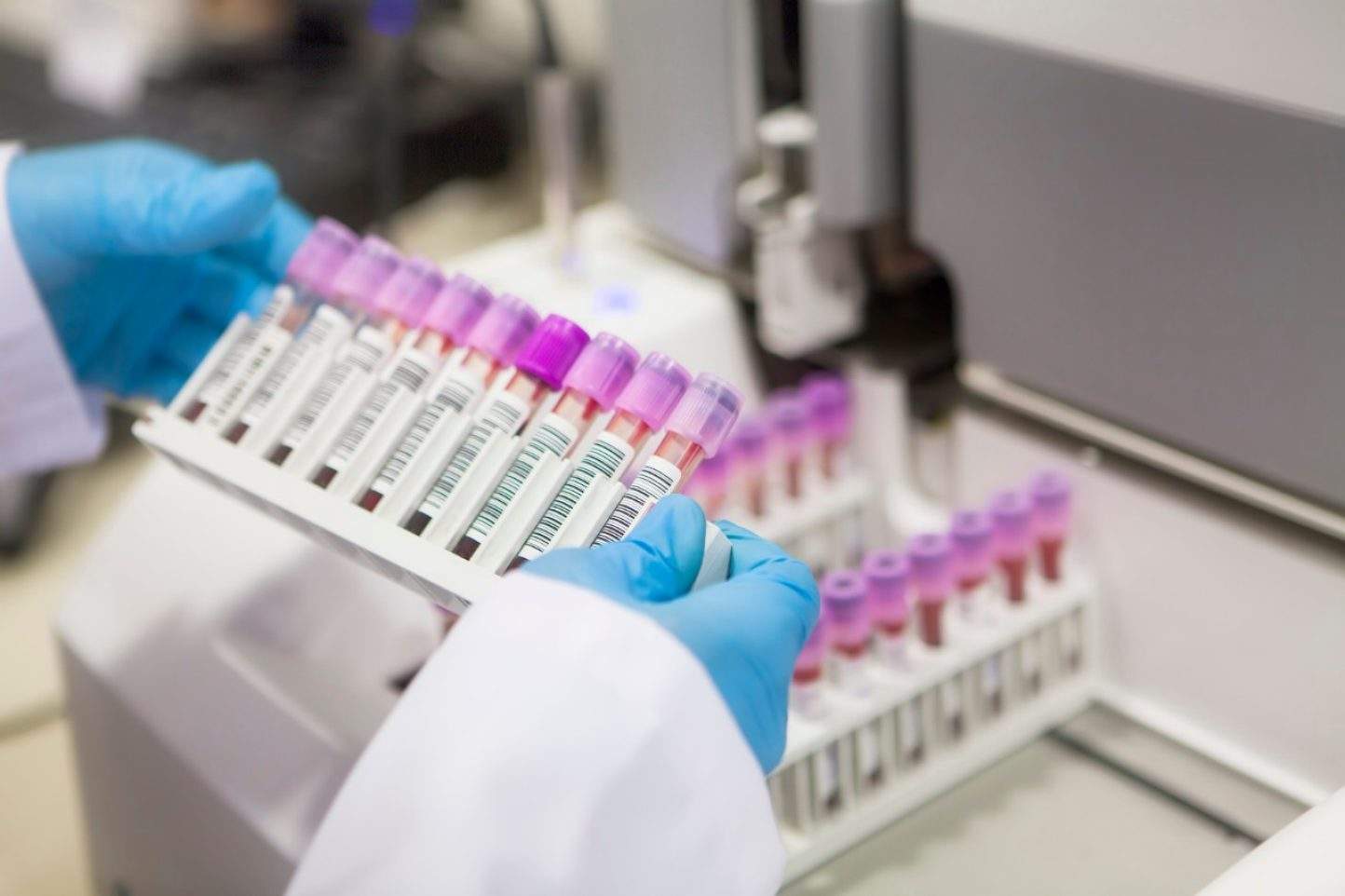
Researchers at the University of Texas MD Anderson Cancer Center are investigating a new model for improving the development and process of clinical trials.
The model proposes to make tumour-specific researchers the primary drivers of the research process. It was piloted in a multi-study leukaemia research programme established by MD Anderson and Bristol-Myers Squibb (BMS), with an assessment of the model published in the 14 May edition of the online journal Cancer.

Discover B2B Marketing That Performs
Combine business intelligence and editorial excellence to reach engaged professionals across 36 leading media platforms.
Under the collaboration, MD Anderson was given access to the BMS immuno-oncology pipeline across various blood malignancies, and high-risk patients typically excluded from BMS-sponsored studies were given access to trials. Additionally, a set level of funding for trials related to MD Anderson research programmes was granted, without the need to negotiate on a trial-by-trial basis.
Current trial formats see drug developers employing contract research organisations (CROs), something that has been standard practice since the 1980s. These consist of external groups with a one-drug, one-cancer approach to clinical trial design and minimal contact with academic cancer experts. As such, this model often means limited patient access and eligibility, a slowing of the drug development process, and increased costs.
The new model was designed to accelerate the process of drug discovery by enabling multiple clinical trials across numerous cancer types.
“This cancer research model is flexible and modifiable according to existing needs because it does not pretend to create a ‘one-size-fits-all’ approach,” study co-author Dr Hagop Kantarjian said.

US Tariffs are shifting - will you react or anticipate?
Don’t let policy changes catch you off guard. Stay proactive with real-time data and expert analysis.
By GlobalData“These types of alliances have significant variations that accommodate the partnering drug company–its drug pipeline, research needs, financial benefits and other considerations.”
MD Anderson is currently involved in more than 50 research partnerships with pharmaceutical companies. Its collaboration with BMS saw the start of simultaneous trials using immunotherapy combinations and other treatments for a number of leukaemia types such as chronic lymphocytic leukaemia, acute myeloid leukaemia, chronic myeloid leukaemia, and myelodysplastic syndrome. The trials also include the first ever ‘triplet’ immunotherapy study for leukaemia.
“The success of this initiative has resulted in programme expansion in a number of directions,” said MD Anderson’s research administration and industry ventures senior vice president Dr Ferran Prat.
“BMS extended the programme to other clinical and research departments at MD Anderson, and is partnering with other academic cancer treatment institutions. Our leukaemia department and other MD Anderson programmes have also established similar alliances with leading drug industry partners.”
A new standard of care for the treatment of chronic myeloid leukaemia has been established as a result of the partnership, using an altered dose of the chemotherapy dasatinib, which was found to be more effective and less toxic than current treatments.





